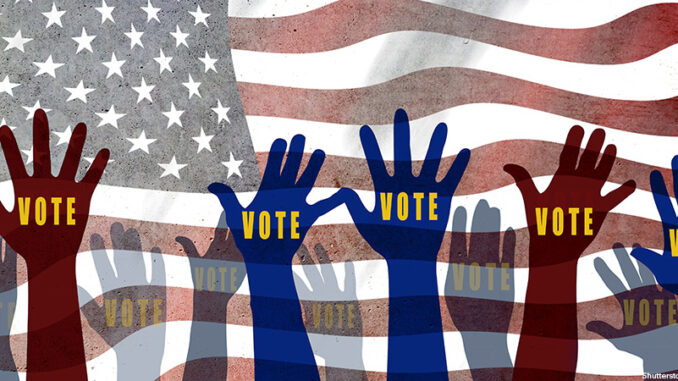
Last Monday was the Iowa Democratic caucus: the first primary election of the 2020 presidential campaign. While Iowa only accounts for a very small percentage of the number of delegates necessary for a candidate to win the Democratic nomination, it’s an important event because it represents the first meaningful public reaction to possible presidential candidates. Often the winner of the Iowa caucuses goes on to become the eventual nominee.
This year, however, there was a problem. When the caucuses finished last Monday night, no winner was announced. In fact, the results were delayed for several days. So what happened? And who was the ultimate winner? Here, btw takes a closer look.
What Happened?
Several things went wrong in Iowa last Monday night. For the first time ever, registered Iowa Democrats were able to vote for their preferred candidate from the comfort of their homes, by using an app on their smartphones. Unfortunately, the app failed, only reporting a partial chunk of the data to the Iowa Democratic headquarters. A hotline had been put into place as a backup mechanism in case the app failed, but that system failed as well, with calls backlogged an hour or more.

Many political experts had expressed concern about the safety of using an app to report election results, particularly considering the evidence of Russian tampering in the 2016 election and the possible cybersecurity threat. But the party was quick to report that what went wrong was only that the app failed to transmit all of the data quickly; the data itself was accurate and had not been “hacked,” altered, or lost.
The app company identified the problem and has already fixed it. Nevertheless, other states have indicated that they don’t plan to use the app in their own primaries, and Tom Perez, the Chair of the Democratic National Committee (DNC), has stated that it should never be used again. At the same time, Republicans across the country used the delay in results as an opportunity to say that the Democrats are disorganized and unable to get the job done.
But Who Won?
By Tuesday night–twenty hours after the caucuses wrapped up–some of the Iowa results were finally announced. They first showed a very tight race between Mayor Pete Buttigieg and Senator Bernie Sanders. When 100 percent of the results were officially announced several days later, Sanders and Buttigieg both held 26 percent of the vote. Senator Elizabeth Warren came in third, with 18 percent, followed by former Vice President Joe Biden, with almost 16 percent, and Senator Amy Klobuchar, with 12 percent
What Happens Next?
The Iowa results are finally in, but the damage may have already been done. For an election event that’s all about setting the tone for the rest of the election, unclear results are not what you want.
Political experts are also concerned about the unexpectedly low voter turnout at the Iowa caucuses. They worry that it signals a lack of enthusiasm among Democratic voters that could lead to low turnout in November as well.
Meanwhile, several states which were considering using similar vote tallying apps in their own primaries–some without even utilizing a paper ballot backup system–must now think much more carefully about that decision.
